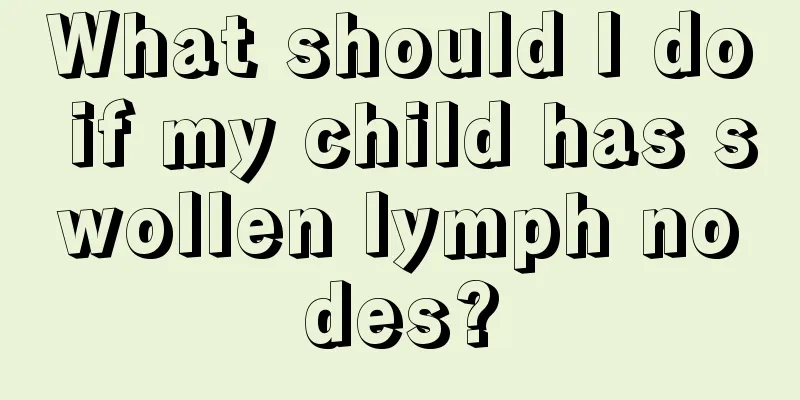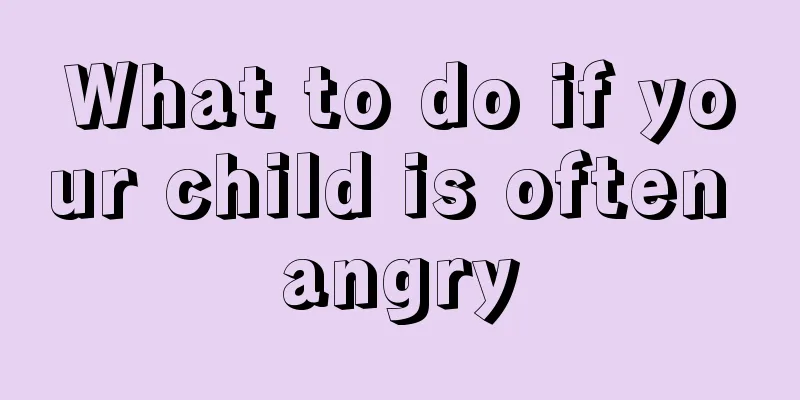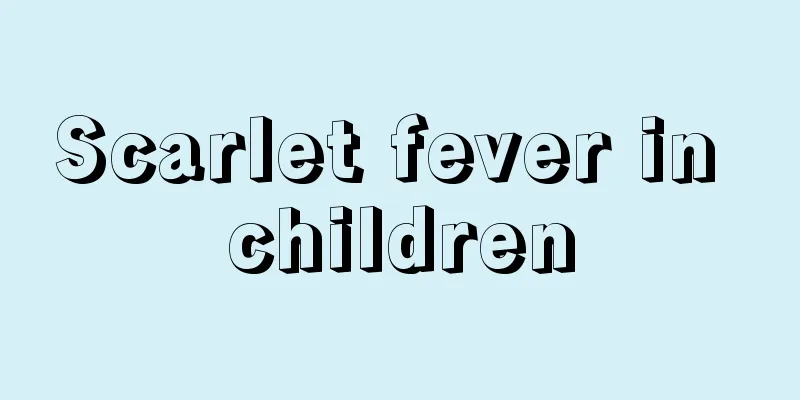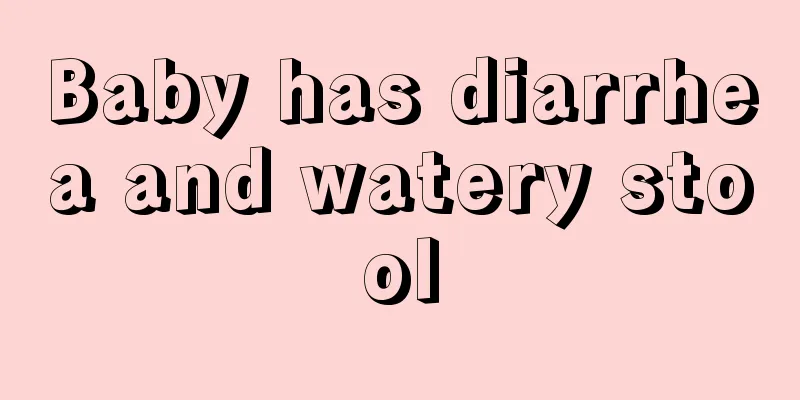What should we pay attention to when treating burns in children?

|
If a child gets burned in real life, burns here refer to damage to the skin caused by high temperature. Generally, when a child's skin is burned, the first thing to do is to move away from the source of the injury, then use antibiotics to prevent infection, and then receive treatment. Generally, for minor burns, after anti-inflammatory treatment, some burn ointment can be applied to repair skin damage. Treatment principles 1. Get away from the source of injury. 2. Replenish blood volume to prevent and treat shock; use antibiotics to prevent and treat infection. 3. Calm and relieve pain. 4. Treat the wound correctly. Treatment points 1. Generally, for burns of more than 10% or burns of more than 5% on the head and face, attention should be paid to the prevention and treatment of shock. The amount of fluid replacement should be sufficient to allow the child to smoothly pass through the shock period. When rehydrating, do not concentrate the infusion of the same liquid. Colloids, crystalloids, and water should be spaced apart and evenly separated, and the drip rate should be strictly controlled according to urine volume and cardiopulmonary conditions. Be especially careful not to drip the water too quickly to avoid pulmonary edema. 2. High fever, coma and convulsions in children during the shock period of burns are often manifestations of severe shock or cerebral edema and require emergency treatment. Measures such as sedation, antispasmodic and cooling should be taken. Those with cerebral edema should be dehydrated or treated with hormones. 3. Treatment of pediatric wounds: Because children’s body temperature is easily affected by environmental factors, bandaging therapy can be used in winter and exposure therapy is mainly used in summer. Wound debridement should be gentle. Because children are uncooperative with treatment, special attention should be paid to sedation and analgesia. For deep wounds, the scab removal range should not be too large at one time to prevent shock caused by excessive bleeding. The optimal duration of one operation is 2 hours. 4. The incidence and mortality rate of burn infection in children are higher than those in adults. Therefore, strong and sensitive antibiotics should be used early. Antibiotics that are highly toxic to the auditory nerve and kidney should be used with caution. |
<<: What are the reasons for itchy ears in children?
>>: Which type of teething stick is better for children?
Recommend
Baby's stool occult blood weak positive
If the baby's stool shows weak positive occul...
Treatment of baby's cough and nosebleed
Nowadays, the incidence of baby coughing and nose...
Hepatitis A in children
We all know that hepatitis A is a common disease ...
Baby booger deep in nose
The baby's body is not fully developed yet, i...
Can I get the vaccination on an empty stomach?
I believe everyone has heard of vaccinations. It ...
How to treat a 6-month-old baby crying in the middle of the night
A 6-month-old baby cries in the middle of the nig...
How to clean up excessive earwax in children
Nowadays, young parents are more concerned about ...
How to treat children’s cough with traditional Chinese medicine?
Different weather and seasons will also cause sub...
What causes impetigo in children? This is what happened
The main reason for impetigo in children is bacte...
Treatment of neonatal birth injuries
We may have seen many children suffering from neo...
Newborn navel care, these common sense teach you
The belly button of a newborn is relatively fragi...
What are the symptoms of neuralgic headaches in children?
Headache is a very uncomfortable symptom, especia...
Diet for children with hypertension
The normal blood pressure value for children vari...
Is it okay for a four-month-old baby to love sleeping?
With the progress of society, more and more peopl...
The baby has fat particles on his face
Many mothers have found small pimples like fat pa...









